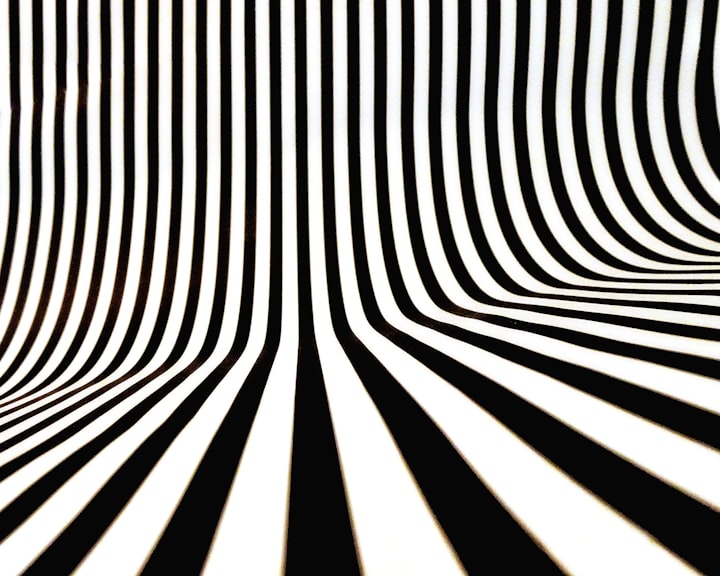The Power and Limitations of Perception
Exploring How Our Perceptions and Beliefs Shape Our Understanding of Reality
Deception: The Power and Limits of Discernment
From the most fabulous of deceptions to the littlest, our discernments and convictions can shape how we might interpret our general surroundings. Deceptions, both physical and mental, have interested people for quite a long time, driving us to scrutinize the real essence of the real world and how our minds decipher it. In any case, what precisely is a deception, and how can it influence us?
A deception is a misleading discernment or understanding of reality that varies from the objective truth of a circumstance. Deceptions can take many structures, including optical deceptions, hear-able deceptions, and mental deceptions. Optical deceptions, for instance, can be brought about by the way light enters our eyes, while hear-able deceptions can be brought about by how sound waves are seen by our ears. Mental deceptions, then again, are deceptions that happen when our minds decipher data such that varies from the real world.
One of the most notable kinds of deception is the optical deception. These deceptions are made when our eyes decipher a picture in a manner that is not the same as what is really present. For instance, the well known "Necker Solid shape" deception is a straightforward delineation of how our cerebrums decipher 2D pictures as 3D items. Another model is the "Müller-Lyer" deception, which includes two lines of a similar length, however with bolts pointing in inverse headings, causing one line to show up longer than the other.
Hear-able deceptions, then again, are deceptions that happen when our ears see sound in a manner that is not quite the same as the real world. One of the most notable hear-able deceptions is the "Shepard Tone" deception, which includes a sound that appears to ceaselessly ascend in pitch, despite the fact that it is really circling back on itself. This deception is made by the manner in which our cerebrums decipher the covering sound waves.
Mental deceptions, then again, are deceptions that happen when our cerebrums decipher data such that contrasts from the real world. These sorts of deceptions can take many structures, however they frequently include the manner in which we see data and make decisions. For instance, the "securing predisposition" is a mental deception wherein our decisions are impacted by a past snippet of data, regardless of whether that data is unimportant or mistaken.
While deceptions can be intriguing, they likewise have significant ramifications for how we grasp our general surroundings. Deceptions can impact our choices and decisions, frequently without us in any event, acknowledging it. They can likewise be utilized to control and misdirect us, whether purposefully or unexpectedly.
One illustration of the force of deception is a self-influenced consequence. A self-influenced consequence is a peculiarity wherein a patient encounters a remedial impact from a treatment that is really latent or inert. This impact is frequently ascribed to the patient's faith in the treatment, as opposed to any genuine physical or compound impact of the actual treatment. A self-influenced consequence exhibits the force of our convictions and discernments to impact our physical and psychological wellness.
One more illustration of the force of deception is the manner by which our discernments can be impacted by our assumptions. In one review, members were given a glass of wine to taste, yet were informed that it was either a modest wine or a costly wine. Actually, the two glasses of wine were indistinguishable. Notwithstanding, members reliably appraised the "costly" wine as tasting better compared to the "modest" wine. This shows the way that our assumptions and convictions can impact our view of our general surroundings.
Nonetheless, while deceptions can be strong, they likewise have restrictions. Deceptions are many times in view of fragmented or deluding data, and can thusly lead us to settle on erroneous decisions or choices. Now and again, deceptions might be perilous. For instance, the "Moon Deception" is a peculiarity where the moon seems bigger when it is close to the skyline than when it is high overhead. This deception can lead drivers to underrate the distance between
About the Creator
shankar jadhav
delivering quality content. I have a keen eye for detail, and my writing style is both engaging and informative. I have a strong background in research, and I am always looking for new and interesting topics to write about.







Comments
There are no comments for this story
Be the first to respond and start the conversation.